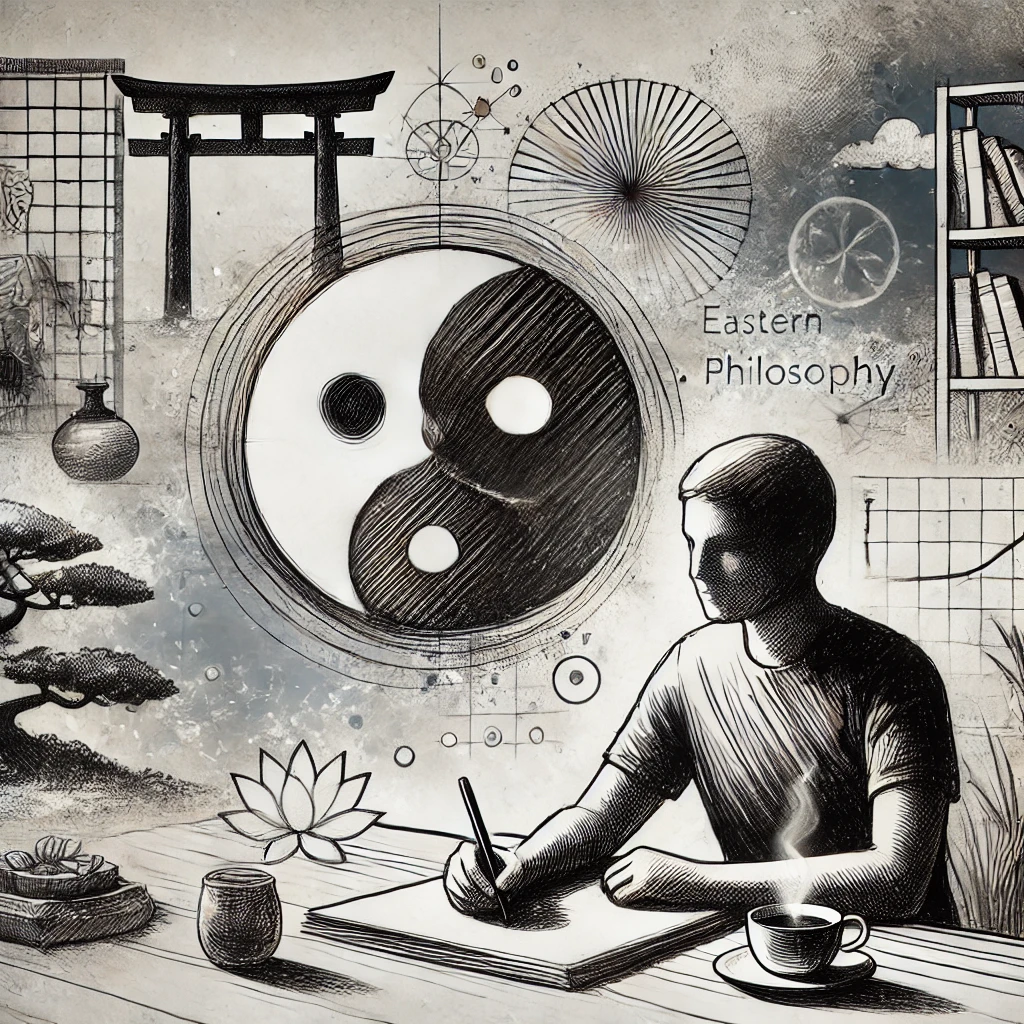As the creator of the now-iconic Ikigai Venn Diagram, I want to share the untold story of its origins, its unexpected global impact, and the lessons learned from bridging Eastern philosophy with Western motivation. This diagram, which has inspired millions, began as a simple synthesis of ideas one that sparked both admiration and debate.
The Spark of Inspiration
In 2014, while exploring frameworks for purposeful living, I stumbled upon Dan Buettner’s TED Talk “How to Live to Be 100+”, which highlighted Ikigai as a cornerstone of longevity in Okinawa, Japan. Buettner described ikigai as a “reason to wake up in the morning,” a concept deeply tied to community and daily fulfilment. Intrigued, I sought to visualise this idea for a Western audience accustomed to structured self-help models.
Around the same time, I encountered the Purpose Venn Diagram by Spanish astrologer Andres Zuzunaga via another book Breakthrough: Learn the secrets of the world’s leading mentor and become the best you can be by David Carter. His 2011 framework mapped four intersecting elements: what you love, what you’re good at, what the world needs, and what you can be paid for. The diagram resonated with me, but its label—“Purpose”—felt limiting. In a moment of insight, I replaced “Purpose” with “Ikigai,” merging Buettner’s cultural concept with Zuzunaga’s visual.

The Viral Surprise
The personal blog post What’s Your Ikigai? took just 45 minutes to write with the help of a ghost writer. I viewed the diagram as a conversational tool—a way to help entrepreneurs and career-changers reflect on their paths. To my astonishment, the post went viral. The diagram spread across HR seminars, life-coaching sessions, and entrepreneurial workshops, amassing billions of views.
Yet its popularity came with unintended consequences. Critics rightly noted that the diagram oversimplified ikigai, stripping it of its Japanese cultural context. Traditional ikigai isn’t a checklist for career success; it’s about finding joy in daily rituals, from morning tea to gardening. As one Japanese commentator remarked, “We don’t need a Venn diagram to understand ikigai—we live it”.
Reconciling Two Worlds
The diagram’s success revealed a hunger for frameworks that blend introspection with action. However, I’ve since clarified that it’s a Western adaptation, not an authentic representation of Japanese philosophy.
The original ikigai:
Isn’t monetised: Most Japanese associate ikigai with simple pleasures, not income.
Thrives in community: It’s rooted in roles within families, neighbourhoods, and local traditions.
Embracing imperfection: Mastery isn’t required—ikigai grows through small, consistent acts.
In contrast, the Venn Diagram serves as a career-navigation tool, aligning passion with practicality. Its value lies not in cultural accuracy but in sparking self-reflection. As Ken Mogi, author of The Little Book of Ikigai, observes: “The West seeks grand purpose; Japan finds meaning in the mundane”.
Legacy of Reflection
While the diagram diverges from traditional ikigai, its impact is undeniable. It’s inspired books, workshops, and countless individuals to pursue work they love. Yet I urge users to explore the deeper, Japanese-rooted ikigai—a philosophy of presence, gratitude, and incremental growth.
To those who’ve found clarity through the Venn Diagram: keep questioning. To those critiquing its simplicity: your insights enrich the conversation. And to Japan: thank you for reminding us that purpose isn’t always found at the intersection of four circles—sometimes, it’s in the steam of your morning coffee.
Final Thought: Frameworks are maps, not destinations. Whether through a Venn diagram or quiet reflection, the quest for meaning remains deeply human. Let’s honour both journeys.
Buy Me a Coffee
Did you love this article? If so please consider buying me a coffee.
Take The 50 Coffee Adventure
A Fun, Light and Easy Way to Build Connections
Or search your local Amazon store for "The 50 Coffee Adventure".

Speak Your Mind